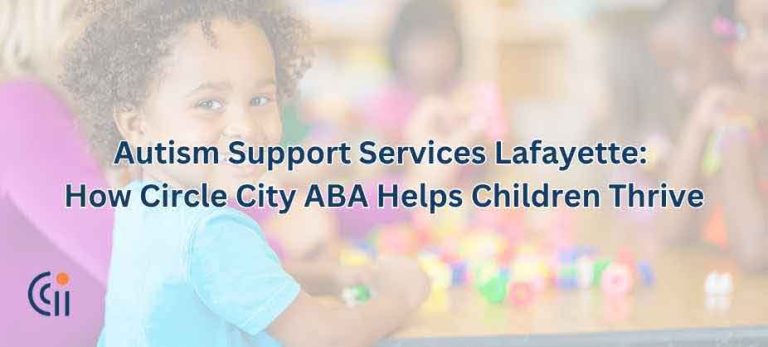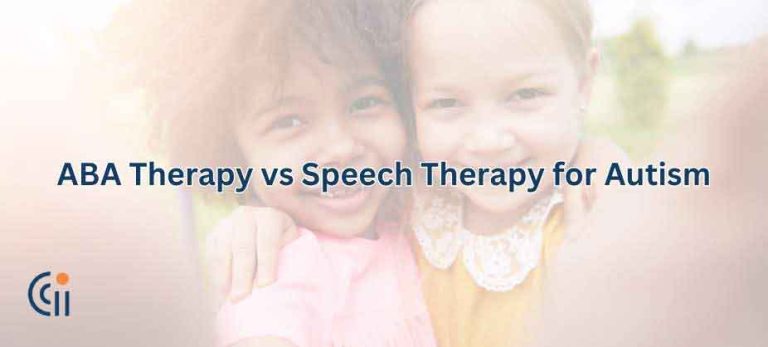Leisure skills are an essential part of daily life. They help children relax, have fun, and build important social connections. Learning these skills can sometimes be challenging for children with autism, but they’re also incredibly important. By teaching kids with autism leisure skills, we open doors to greater independence, emotional well-being, and social engagement.
In this post, we’ll explore why teaching leisure skills matters and how it benefits children with autism.
Why Are Leisure Skills Important for Kids with Autism?
Leisure activities provide a break from everyday routines and give children time to recharge. For kids with autism, these activities can help reduce stress and improve their overall quality of life. Whether it’s playing a game, enjoying a hobby, or simply relaxing, leisure time is important for emotional balance.
Children with autism often need extra support in learning how to engage in leisure activities. Without these skills, they might miss out on opportunities to relax and connect with others. That’s why teaching leisure skills is such a vital part of their development.
Teaching Leisure Skills Promotes Independence
One key benefit of teaching leisure skills is that it encourages independence. When children with autism learn how to enjoy hobbies or play games on their own, they gain a sense of control and self-confidence.
For example, children who learn how to play a board game or use a swing by themselves can enjoy it without needing constant guidance. This independence allows them to feel more empowered, which can carry over into other parts of life, like schoolwork or self-care tasks.
Leisure Skills Can Help Build Social Connections
Leisure activities also offer a wonderful way for children to connect with their peers. Many leisure activities, like team sports or group games, require interaction with others. Teaching kids with autism leisure skills can give them the tools they need to participate in these social activities.
For instance, learning how to play a simple game like “tag” or joining a club focused on a favorite hobby can provide opportunities for social interaction. These experiences not only help children develop friendships but also teach them valuable social skills, like taking turns and cooperating with others.
Reducing Stress Through Leisure Activities
Leisure activities aren’t just fun—they’re also great for reducing stress. Children with autism can sometimes feel overwhelmed by the demands of school, therapy, or social situations. Learning how to engage in relaxing activities, like drawing, listening to music, or doing puzzles, provides an outlet for stress relief.
For example, a child who enjoys listening to calming music or building with blocks can turn to these activities when they feel anxious. These leisure skills offer a healthy way to manage emotions, making stressful situations easier to handle.
How to Teach Leisure Skills to Children with Autism
Teaching leisure skills requires patience and creativity. Every child is different, so it’s important to start by finding activities that match their interests. Some kids might enjoy hands-on hobbies like building with LEGOs, while others may prefer outdoor play or reading books.
Begin with simple, structured activities. For instance, if your child shows an interest in art, you can start by teaching them how to color in a coloring book. Once they’ve mastered the basics, you can introduce more complex activities, like painting or drawing their own pictures.
It’s also helpful to break down leisure activities into small steps. Show your child how to do each part of the activity, and offer positive reinforcement when they make progress.
The Role of ABA Therapy in Teaching Leisure Skills
Applied Behavior Analysis (ABA) therapy can play a key role in teaching leisure skills to children with autism. ABA therapists are skilled in breaking down tasks into manageable steps and using positive reinforcement to help children succeed.
At Circle City ABA, our therapists work closely with families to create personalized plans for teaching leisure skills. Whether your child enjoys outdoor play, creative arts, or quiet time activities, we’ll help them develop the skills needed to enjoy these moments independently and with others.
Start ABA Therapy with Circle City ABA
At Circle City ABA, we are dedicated to helping children with autism build the skills they need to thrive. Teaching leisure skills is just one of the many ways we support children in developing independence, social connections, and emotional well-being.
If you’re interested in learning more about how ABA therapy can benefit your child, contact Circle City ABA today. Our team of experienced therapists is ready to help your child develop leisure skills and reach their full potential.
Conclusion
Teaching leisure skills to children with autism is an important part of helping them lead happy, fulfilling lives. These skills promote independence, reduce stress, and create opportunities for social connections. With the right support and guidance, children with autism can learn to enjoy leisure activities that bring them joy and help them relax.
If you’re looking for professional support in teaching your child essential life skills, reach out to Circle City ABA. We’re here to provide expert care and help your child succeed.


